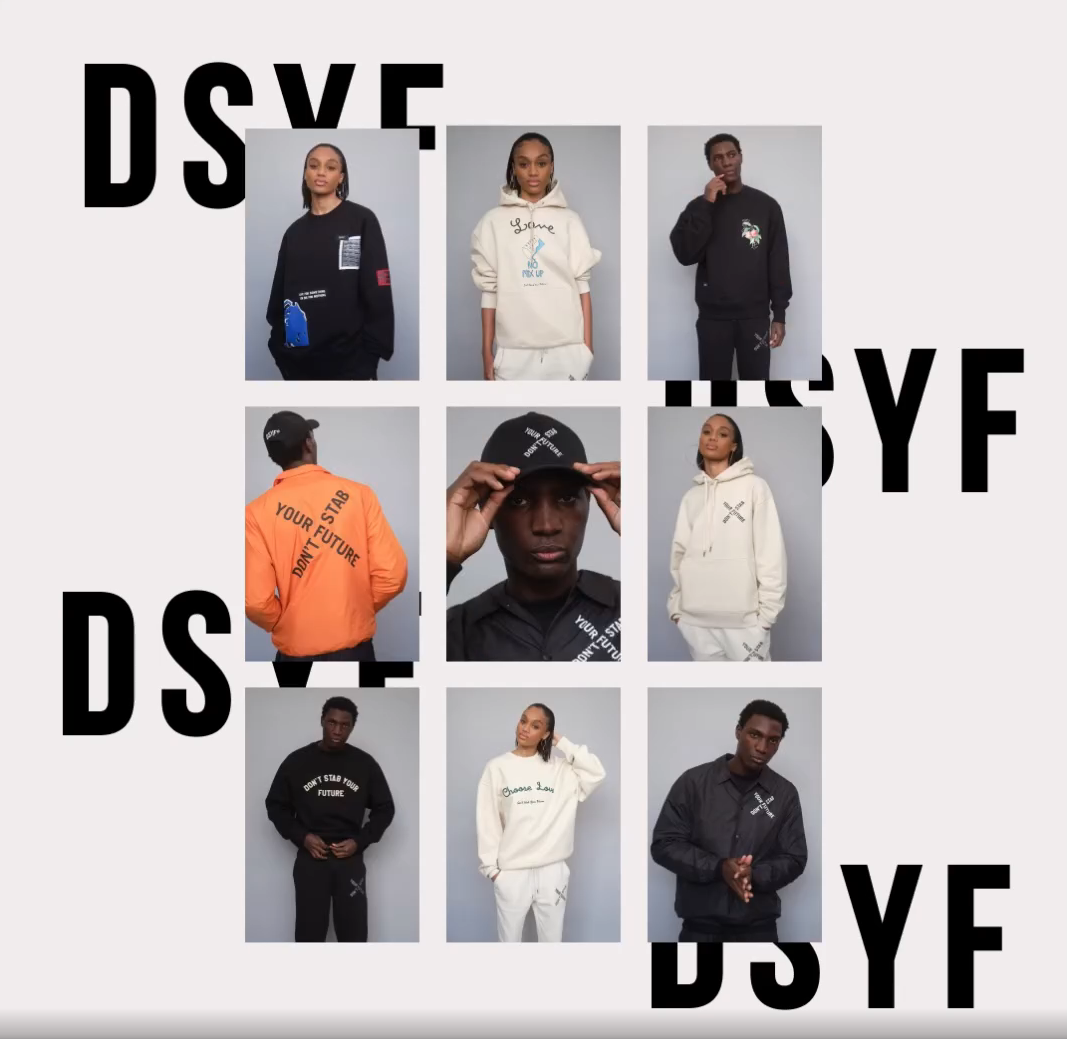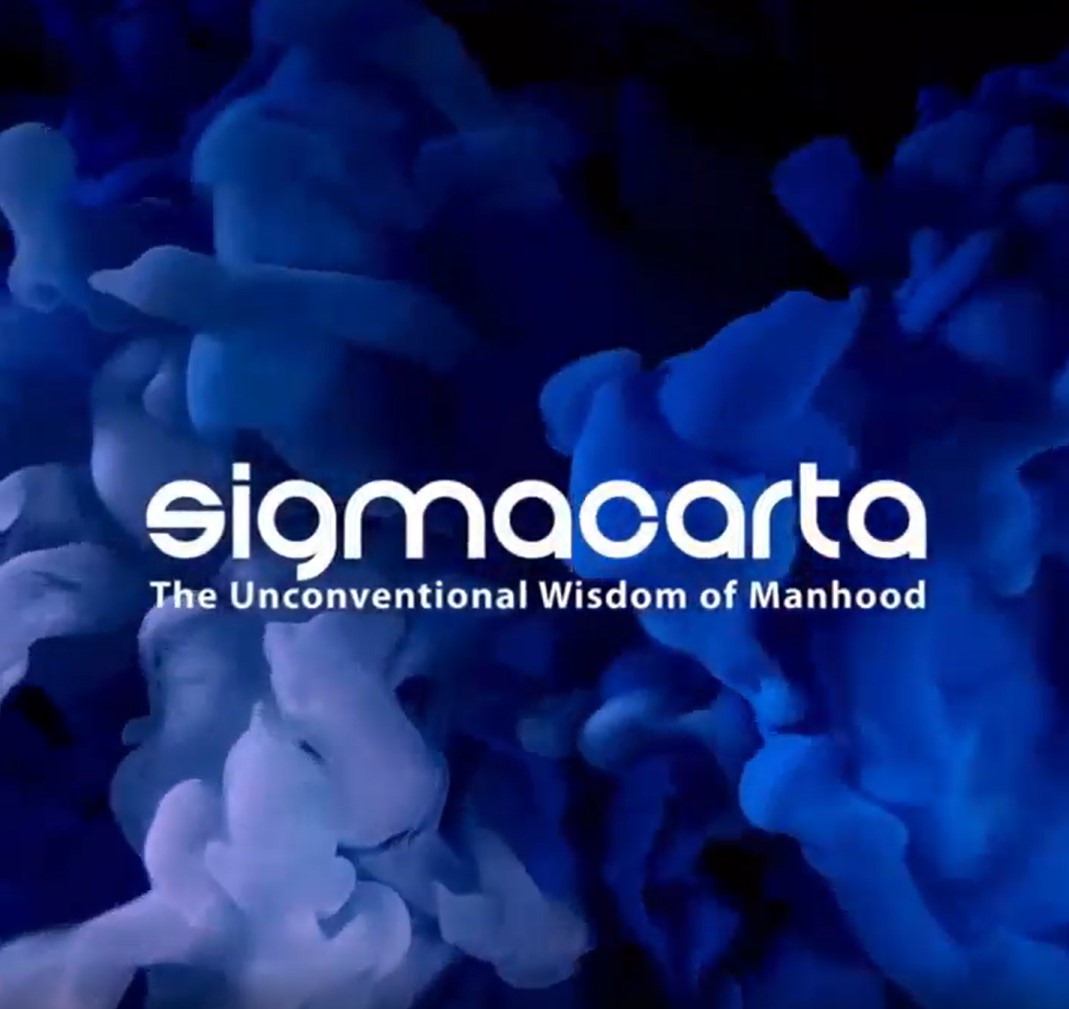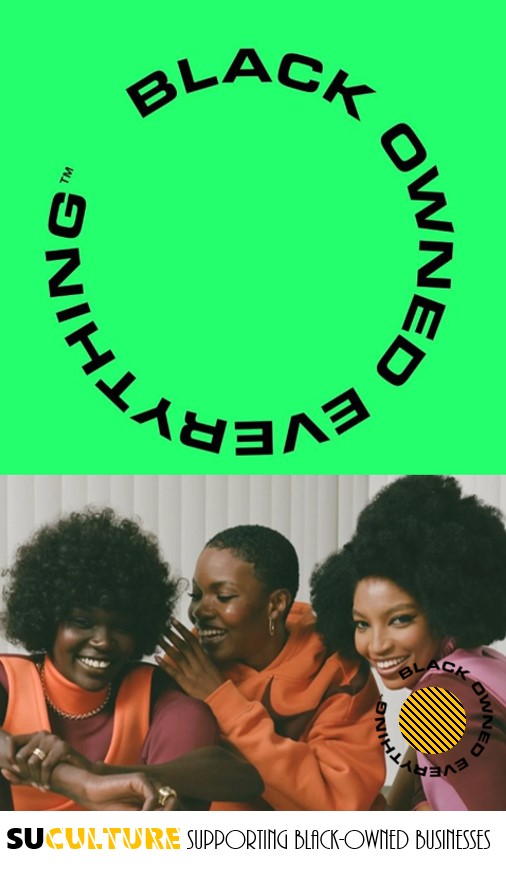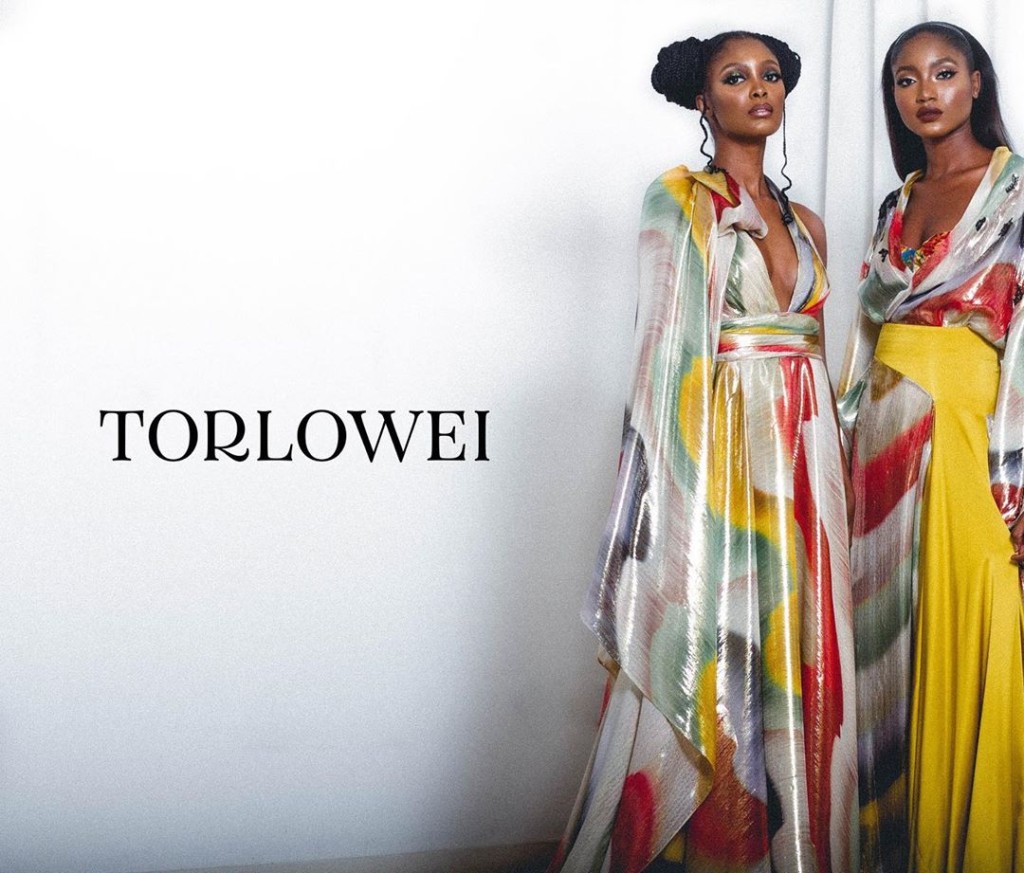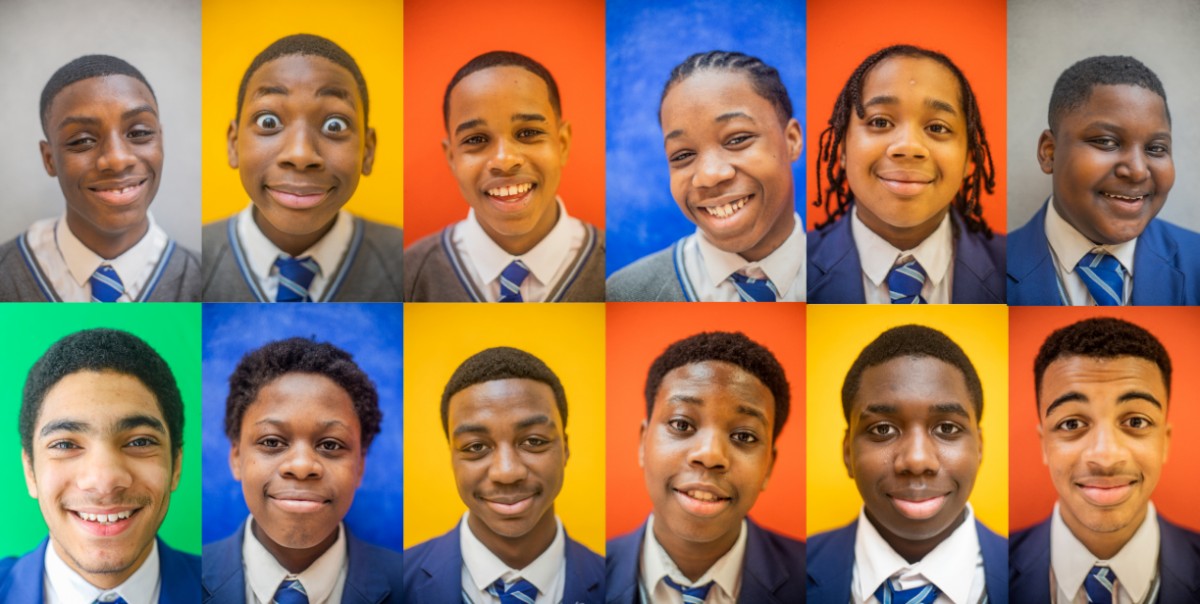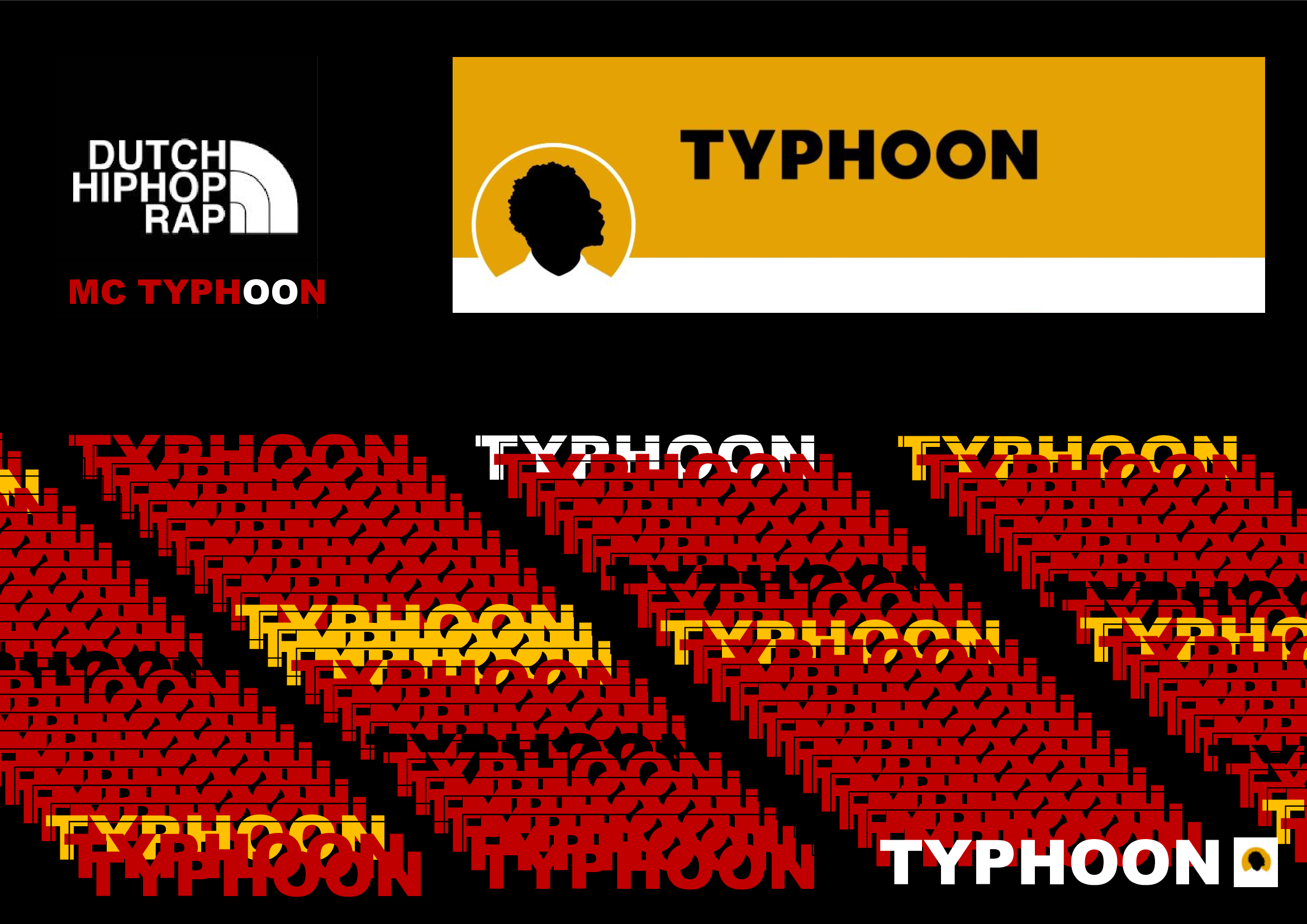-
AuthorPosts
-
-
How Afrobeats is
changing the world.
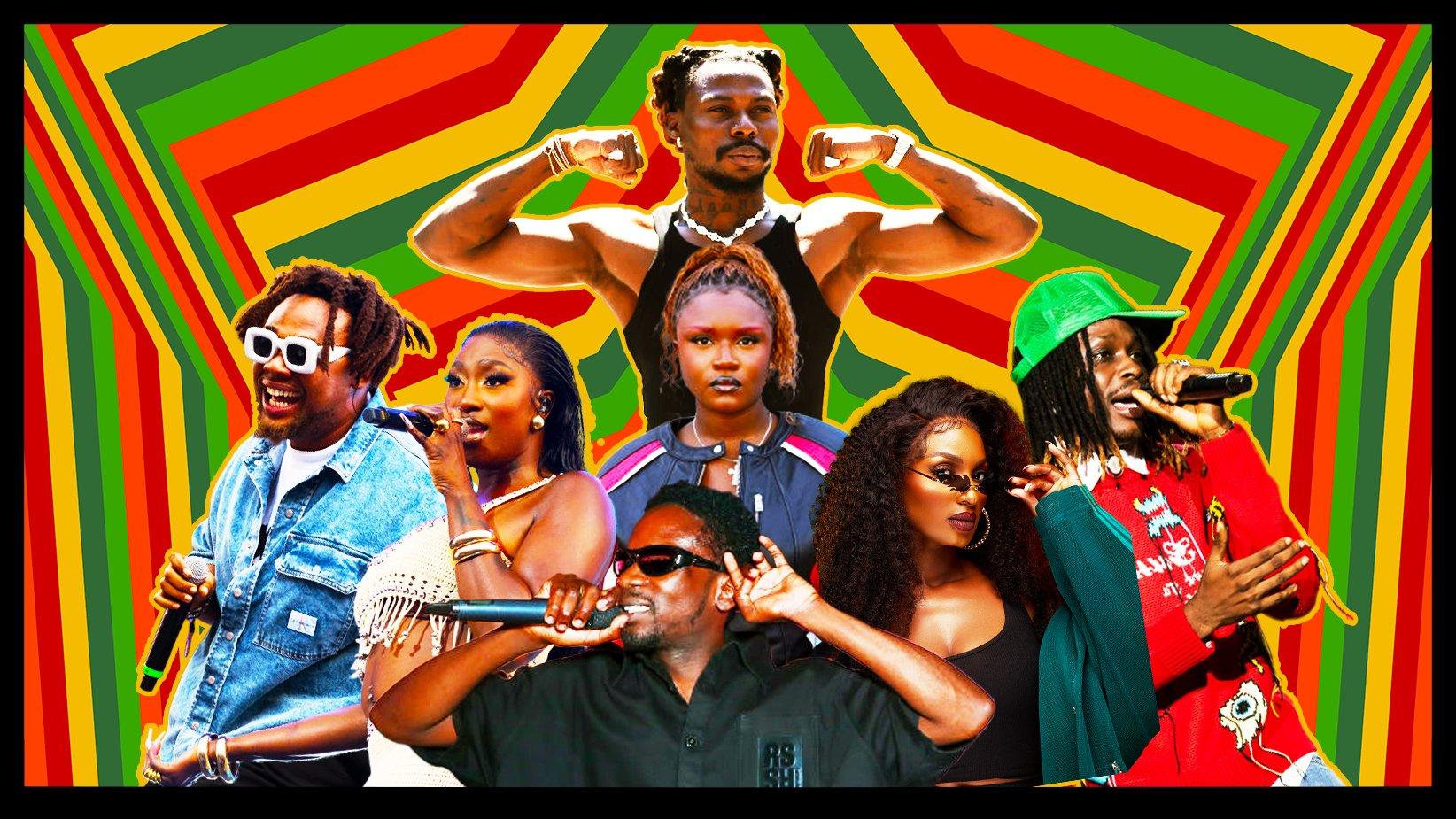
Afrobeats, once a localized music genre rooted in Nigeria and West Africa, has rapidly evolved into a global cultural force that is transforming the music industry and reshaping perceptions of African identity and heritage. Beyond its status as a musical genre, Afrobeats encapsulates a broader cultural movement that transcends geographical and generational boundaries. It blends traditional African rhythms with contemporary influences, including highlife, dancehall, hip-hop, and R&B, creating a dynamic sound that reflects the vibrancy and diversity of African cultural expression.
A reductionist term, popularized by African youth culture, initially propelled by the desire for a conscious musical shift by Africans in the diaspora, and aided by the rise of digital platforms such as YouTube, TikTok, and various streaming services, Afrobeats has found an expansive international audience. Artists like Burna Boy, Wizkid, CKay, and Tems have garnered global recognition, securing top positions on international music charts and solidifying Afrobeats as a prominent force in the global music scene. These artists, however, are not merely producing popular music; they are also serving as cultural ambassadors, bringing the essence of African identity to a global stage.
Growing up, positive portrayals of Africa were hard to come by, but the current wave of African pop has changed that. Many second-generation immigrants share the memory: sitting in class while a teacher stumbles over their name, drawing laughter from classmates. The image of Africa was shaped by charity ads and fundraising campaigns that convinced peers their pocket change was sustaining an entire continent. To be African meant being associated with poverty and famine.
However, the strong anti-African sentiment of the past has been replaced by a deep sense of pride, largely thanks to music. The rise of Afrobeats has played a pivotal role in empowering young diasporan Africans. What was once a source of shame has now become a point of pride.
Afrobeats has begun to influence the sonic landscape of global popular music! Increasingly, Western artists are incorporating Afrobeats rhythms and collaborating with African musicians, producing chart-topping tracks that reflect a cross-cultural fusion. Notable examples include Ed Sheeran’s collaboration with Fireboy DML on the remix of “Peru” and Justin Bieber’s feature on Wizkid’s hit song “Essence.” Such collaborations signify a form of cultural exchange that blends African musical traditions with Western pop sensibilities, further demonstrating Afrobeats’ capacity to influence and integrate into global musical trends.
In addition to its musical significance, Afrobeats represents a cultural resurgence that engages with contemporary African identity and history. Much like hip-hop in the United States, which emerged as a vehicle for African American expression, Afrobeats has developed into a platform for articulating the socio-political realities of African life. For instance, Burna Boy’s song “20:10:20,” which commemorates the victims of police violence during the #EndSARS protests in Nigeria, highlights the genre’s potential as a tool for political and social commentary. Through such works, Afrobeats reflects the resilience and agency of Africa’s youth, positioning the genre as both a cultural and political phenomenon.
As Afrobeats continues to gain global traction, its cultural impact is becoming increasingly evident. The genre not only has the potential to rival other dominant global music forms, such as hip-hop, but it also underscores the rising importance of African culture in global dialogues surrounding music, identity, and social transformation. Afrobeats, thus, is not merely a musical trend; it represents a significant cultural movement that is poised to redefine the global music landscape and influence broader discussions on African cultural identity in the 21st century.
-
Afrobeats have come a long way!
A genre with deep historical roots, and complexity, emerged in the 1960s and 70s, spearheaded by the legendary Fela Kuti, often hailed as the father of ‘Afrobeat’.
‘Afrobeats’, in its own right, is a vibrant and culturally significant musical movement, deserving of recognition for its dynamic energy and the immense talent that fuels it.
Fun fact: It is important not to confuse Afrobeat — spelled without an “s”— with Afrobeats, a distinct genre.
-
Afrobeats has the ability to bridge cultural and creative nuances. With projects like Beyoncé’s ‘The Gift’ and others, this marks only the beginning of a more profound cultural shift.
-
-
AuthorPosts
You must be logged in to reply to this topic.

